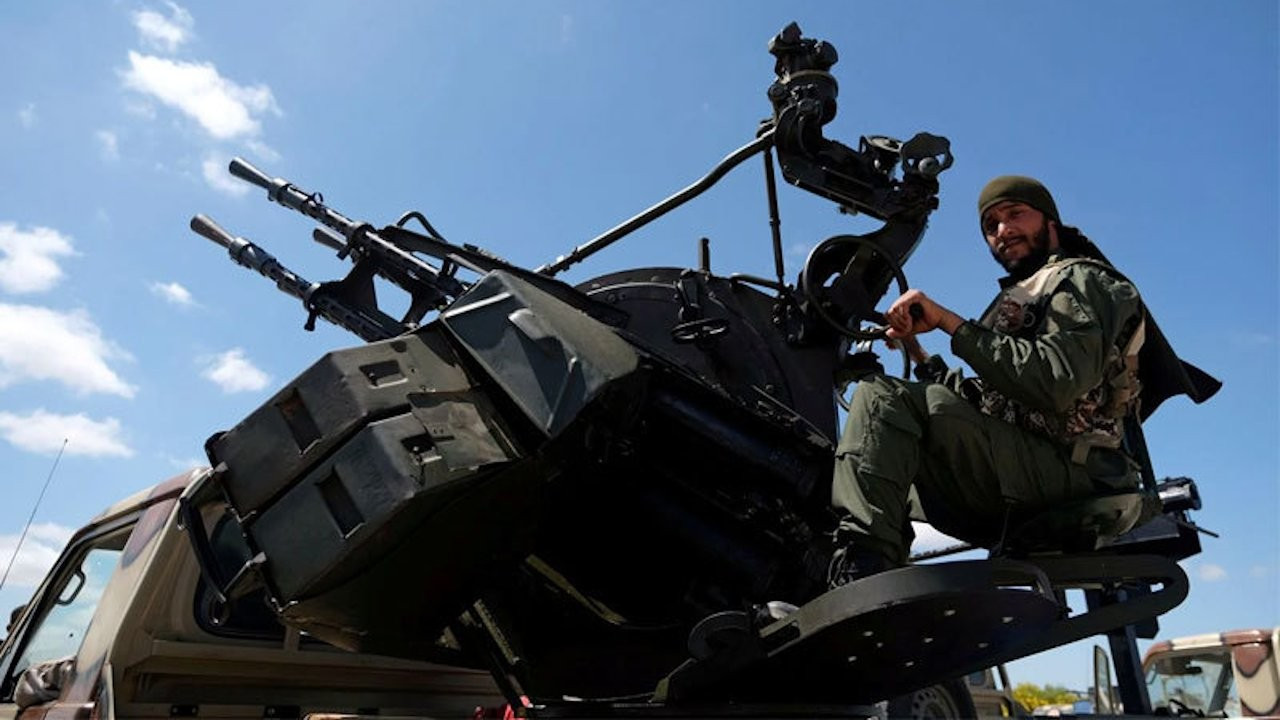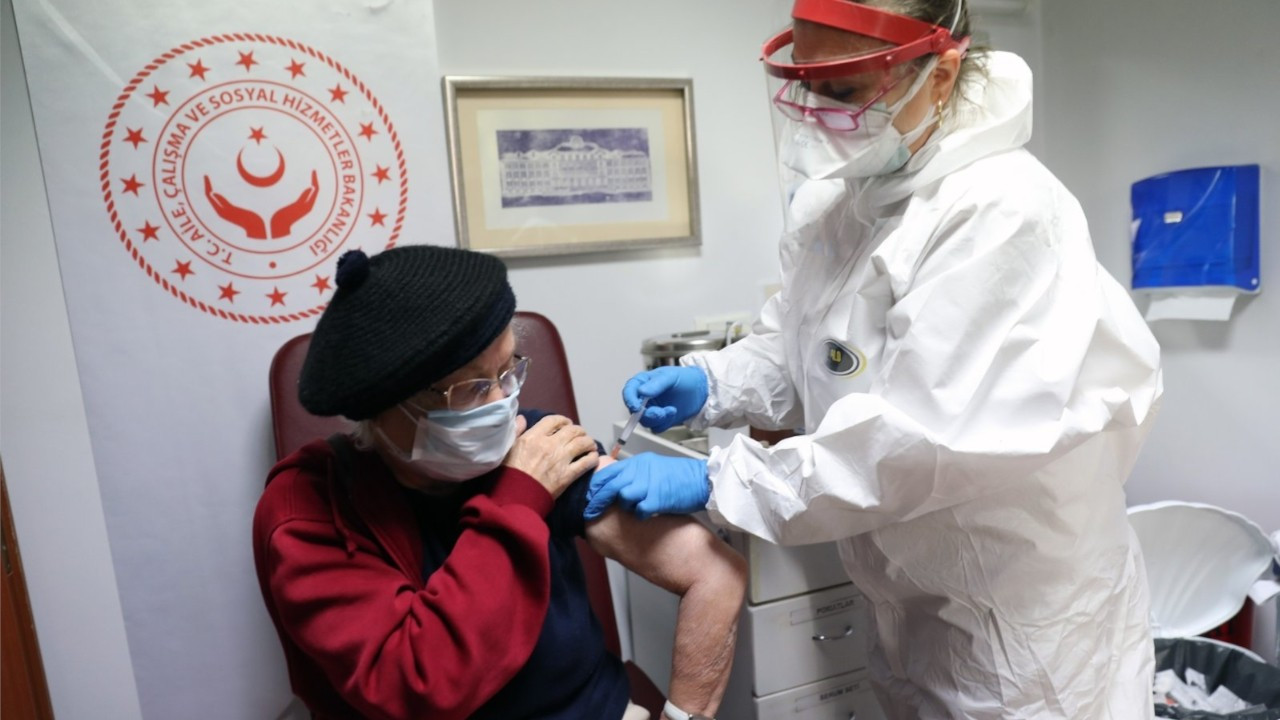Erdoğan and Health Minister Koca contradict each other on COVID-19 vaccine supplies
President Recep Tayyip Erdoğan and Health Minister Fahrettin Koca have made contradictory statements regarding the supply of COVID-19 vaccines in Turkey, with questions arising as to whom the public should listen to. Two days after Koca said Turkey will face a vaccine shortage over the next two months, Erdoğan said the country has enough doses.
Duvar English
President Recep Tayyip Erdoğan has challenged Health Minister Fahrettin Koca's statement that Turkey is facing a shortage in the supply of COVID-19 vaccines and has argued the country does not have any issues with procurement.
"I don't accept that we will have any issues with vaccine procurement," Erdoğan told reporters on April 30, two days after Koca said the vaccines would be more scarce for the next two months.
“We have the vaccine. We are also in talks with [Russian President Vladimir] Putin. Sputnik vaccine is also coming, will come within the shortest time,” he said.
Shortly after Erdoğan's remarks, Koca announced that Turkey's official Medicines and Medical Devices Agency had granted emergency use authorization to Sputnik V COVID-19 vaccine.
Turkey has until now been using COVID-19 vaccines developed by China's Sinovac Biotech Ltd and by Pfizer and BioNTech. It has carried out 22 million inoculations, with 13.55 million people having received a first dose.
On April 27, the Russian Direct Investment Fund (RDIF) said a Turkish pharmaceutical firm would also produce Sputnik V COVID-19 vaccine at its plants.
Erdoğan was also asked by a journalist if he will spend his lockdown days in Istanbul. In response, the president said that he was not sure, but that he will "definitely" be in Turkey.
“I have not made my definite decision. In the worst case, I am in Turkey,” he said.
The full lockdown, which started on April 29 evening and will last until May 17 morning, was implemented in order to curb a surge in infections and deaths.
The nation of 84 million has seen daily COVID-19 death tolls rise to around 350—higher than during two previous spikes last year.

 Despite shortage in Turkey, 'Turkish gov't sends COVID-19 vaccines to Syrian rebels in Libya'Coronavirus
Despite shortage in Turkey, 'Turkish gov't sends COVID-19 vaccines to Syrian rebels in Libya'Coronavirus Turkey to face COVID-19 vaccine shortage over next two monthsCoronavirus
Turkey to face COVID-19 vaccine shortage over next two monthsCoronavirus